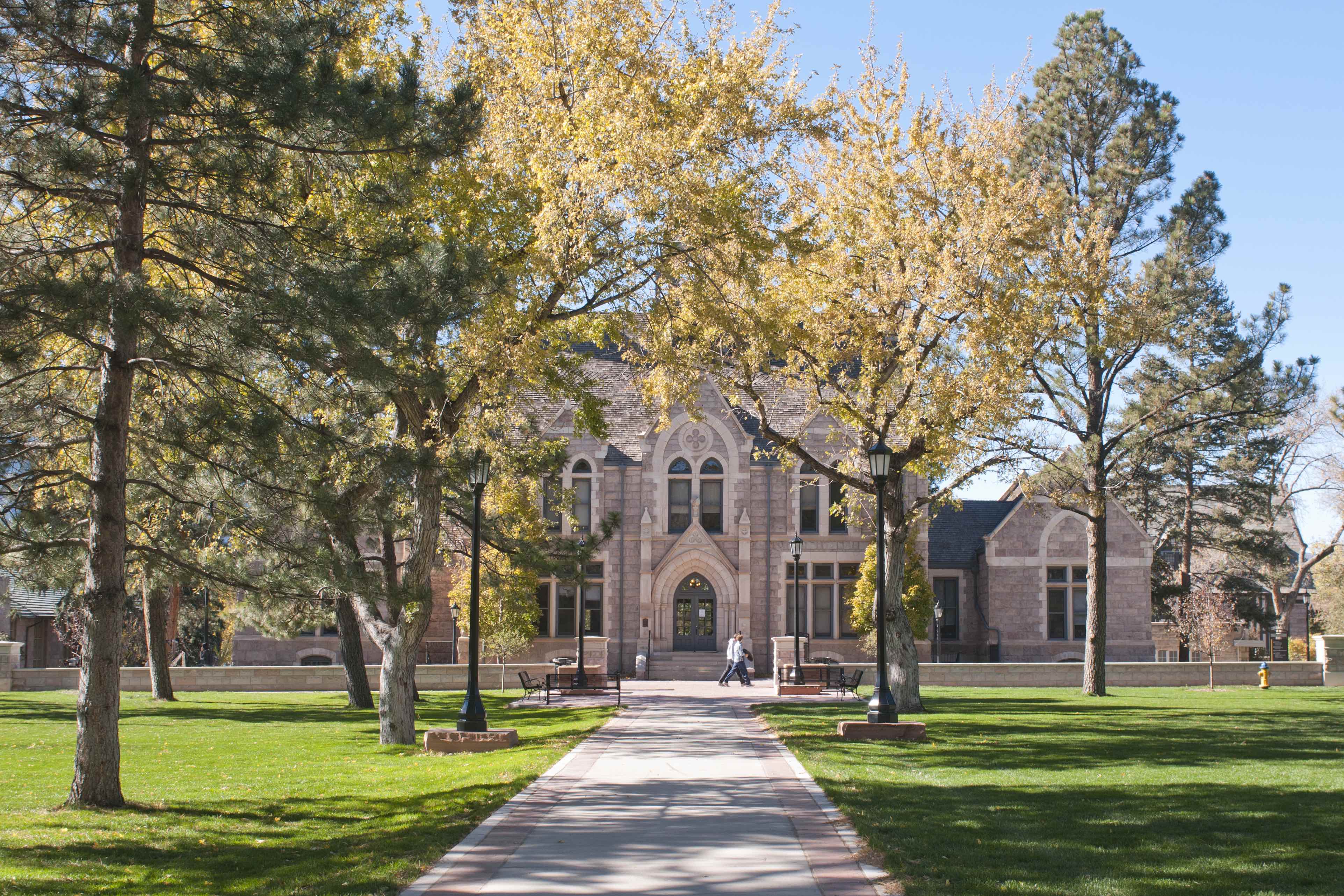When you’re deciding on a college or university to apply for, an important thing to keep in mind is whether an institution is accredited.
Accreditation is a validation process in which a U.S. Department of Education approved accrediting agency analyzes and evaluates an institution of higher education and determines the quality and accessibility of that institution’s educational programs meet their standards. Universities must also renew their accreditation periodically, to ensure they are continuing to meet accreditation standards.
“Everybody has to have the same rigorous set of standards and demonstrate that they are doing what the standards ask to do and it’s all evidence-based,” Jeff Lolli, an associate professor of business who specializes in accreditation at Widener University told The College Post. “It really is kind of that external seal of approval that says, this is a quality program because they’ve gone under this microscope.”
The U.S. Department of Education does not directly accredit institutions but instead recognizes a number of independent accrediting agencies based on recommendations from the National Advisory Committee on Institutional Quality and Integrity. A few of the agencies the Department of Education considers reliable authorities include the U.S. Commission on Colleges and Universities, the Council on Occupational Education, and the Higher Learning Commission among others.
An accrediting agency’s role is to ensure colleges and universities are providing quality education to their students that leaves them well prepared to enter the job market. They’ll also scrutinize a university’s admission requirements, faculty reputation, student services, and other areas to determine whether the university is worthy of accreditation.
“These are completely unbiased third-party individuals that have nothing to do with [your institution],” Lolli said. “There’s a great emphasis on really demonstrating to the broader public that you are really doing what you’re saying you’re doing and that students will get jobs when they graduate.”
Sonny Ramaswamy, the president of the Northwest Commission on Colleges and Universities described his organization’s accreditation process to The College Post, saying the NWCCU is a non-profit organization that consists of 11 staff and over 700 volunteers.
Ramaswamy said when evaluating an institution, the organization will put together a team of 10 to 12 “evaluators,” consisting of experts in finance, policy, infrastructure, student services, and other areas. The institution will then provide those evaluators with data and information they can use to evaluate the performance of that institution.
Evaluators will also meet with representatives from the institution to ask them about various aspects of their school. After that, the NWCCU’s commission will take a vote on the institution’s accreditation status and send a letter of action that details the institution’s status, and makes recommendations for where the institution can improve. Ramaswamy emphasized the NWCCU makes a point to avoid conflicts of interest among evaluators and commissioners to ensure the accreditation process is as unbiased as possible.
Accreditation comes with a number of benefits both for universities and students. For one, accredited universities are also eligible to participate in financial aid programs and employer tuition assistance and can access federal and state funding. Further, a student who earns credits at an accredited university can transfer with those credits to another accredited university, including students looking to transfer into grad school.
“Let’s say you’ve finished your undergraduate degree and you want to go off to get a medical degree or a professional declare a law degree or you want to go on to get a Ph.D.,” Ramaswamy said. “All those institutions will look to see if you attended an accredited institution.”
There are different levels of accreditation as well and accrediting agencies can evaluate a university at both the institutional level and the programmatic level, both of which come with their own processes.
“If you’re going to the University of Washington and you want to attend the engineering college there,” Ramaswamy said. “You want that engineering college to have been accredited, because if it’s not accredited and you want to go into the workforce to get a job as an engineer, you may not be able to get a job.”
To find out if a university is accredited, it’s as simple as visiting the Department of Education’s website, where they keep a list of accredited institutions across the United States.



